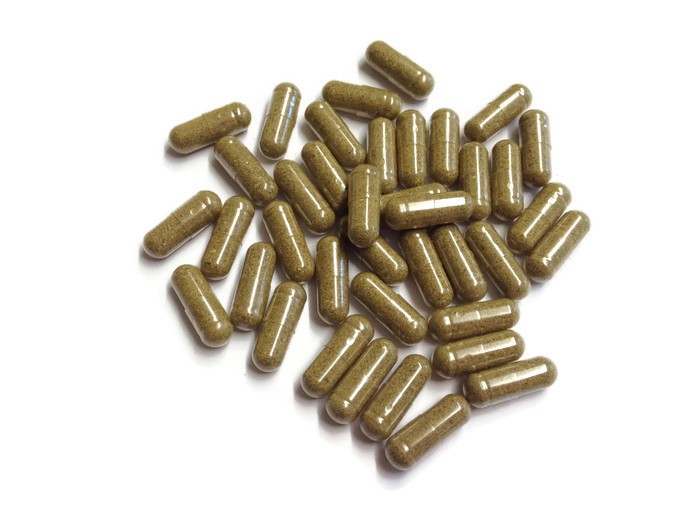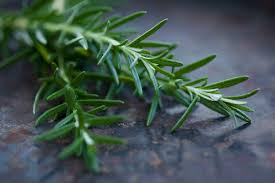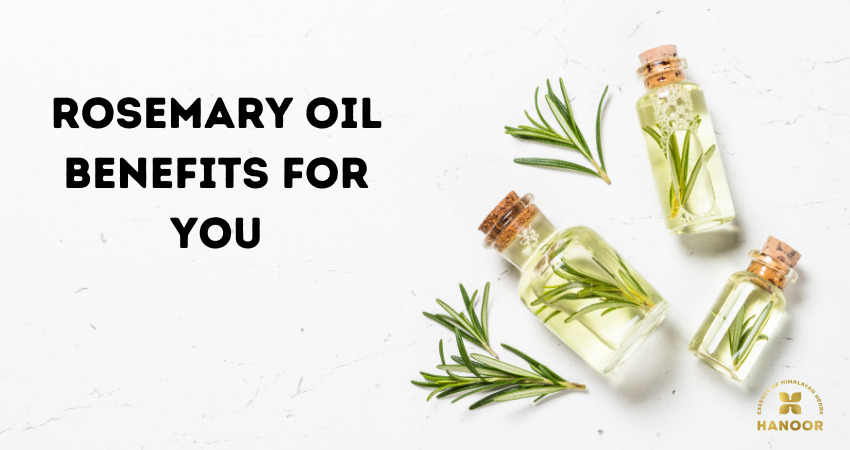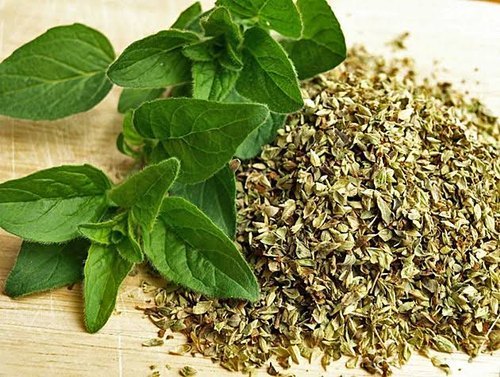Myrrh, a good anti-inflammatory and anti-bacterial source?
Myrrh
What is Myrrh and its use?
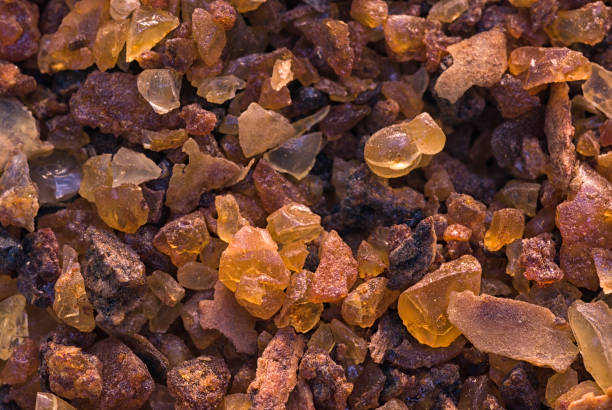
Myrrh, scientifically known as Commiphora Myrrha, is a sap-like substance that is obtained from several small, thorny, flowering trees of incense tree family Burseraceae. The substance has a bitter taste with a mild aroma, yellowish to reddish brown gum, that is native to northeastern Africa and southwest Asia.
There are two main varieties found in myrrh i.e. Bisabol and herabol. Bisabol myrrh is obtained from C.Erythraea which is an Arabioan species. Herabol myrrh is obtained from C.myrrha that grows in Somalia, Arabia, Ethiopia. Such myrrh trees are found in parched rocky hills and could grow upto 3m from ground level. Myrrh has been highly appreciated in the Middle East and Mediterranean since ancient times.
Myrrh was considered as an important ingredient to produce costly perfumes, cosmetics, incense, and was considered rare and precious in medieval Europe. Also in a number of foods and beverages, myrrh is used as a flavoring component.
Apart from edible and aromatic application, myrrh has a wide use in treating many medical conditions in a human body such as:
This natural substance is also used as a stimulant to increase the flow of menstruation.
Benefits of using Myrrh
In addition to its several features associated with flavoring and aromatic properties in a number of dishes, Myrrh consist of several essential health benefits that provides enough evidence for its wide medical application in a human body when taken in its any form that includes:
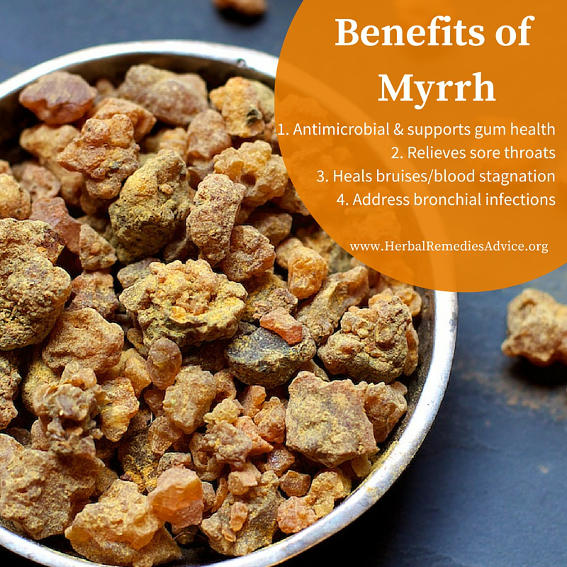
- kills harmful bacteria
- might assist oral health
- might help to heal sores
- consist of antiinflammatory properties
- supports skin health
- might act as a powerful antioxidant
- might block ultraviolet rays when used as an ointment
- combats swelling and pain
- kills certain parasites
- resists or kills the cancerous cells.
- might kill molds
- might improves gut health
There might be several other benefits of Myrrh apart from those mentioned above. Also, these benefits are obtained due to several residing vitamins and minerals extracted by human body from this substance such as:
- calcium
- aluminum
- chlorine
- bromine
- chromium
- scandium
- phosphorus
- magnesium
Myrrh dose for Humans
Myrrh is not a kind of mineral content that a human body needs daily to perform certain tasks which could only be pulled out by it. The dosage is based on an individual’s age, medical condition, diet, and other circumstances. People generally used sage as a flavoring and aromatic agent or sometimes to treat several medical conditions or gain several medical properties.
There is no clinical evidence that specifically supports an appropriate amount of oral dosing of Myrrh in a human body. It is Generally advisable to consult a doctor or a health professional and follow their prescription if you are taking an additional Myrrh supplement for any reason. Natural substances are considered safe but must be consumed under certain provisions as their safety is not assured.
Myrrh Supplement
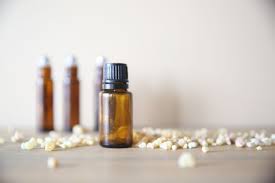
Myrrh supplements are herbal medicines that are generally used to obtain several beneficial medical properties of natural myrrh such as anti infections, anticancer, antibacterial, etc. In addition to this, there are several high potential healing composites that provide supportive or additional medical properties along with myrrh.
These herbal supplements are available in different forms such as pills, soft capsules, oil, etc. The dosage is based on an individual’s age, medical condition, diet, and other circumstances. It is advisable to consult a doctor before consuming such a supplement to avoid any kind of complication with the body’s health in future.
OVERVIEW:
- Myrrh(Commiphora Myrrha), is a substance obtained from incense tree family called Burseraceae, Northeastern Africa and Southwest Asia.
- It is a substance used for spicing and flavoring a number of dishes worldwide. It has also been useful for a wide variety of medical applications in the human body.
- Myrrh consists of a number of essential nutrients and minerals that provide many important health benefits to a human body.
- The dosing of Myrrh is not specified and must be discussed with the doctor if consuming as a medicine amount such as supplements.
REFERENCES:
- https://www.webmd.com/vitamins/ai/ingredientmono-570/myrrh#
- https://www.healthline.com/nutrition/myrrh-oil#TOC_TITLE_HDR_8
- https://www.rxlist.com/myrrh/supplements.htm
- https://www.medicalnewstoday.com/articles/265922
- https://www.britannica.com/topic/myrrh
- https://www.herbalremediesadvice.org/myrrh-uses.html
- https://in.pinterest.com/pin/143833781836165029/
For more details, kindly visit below.






